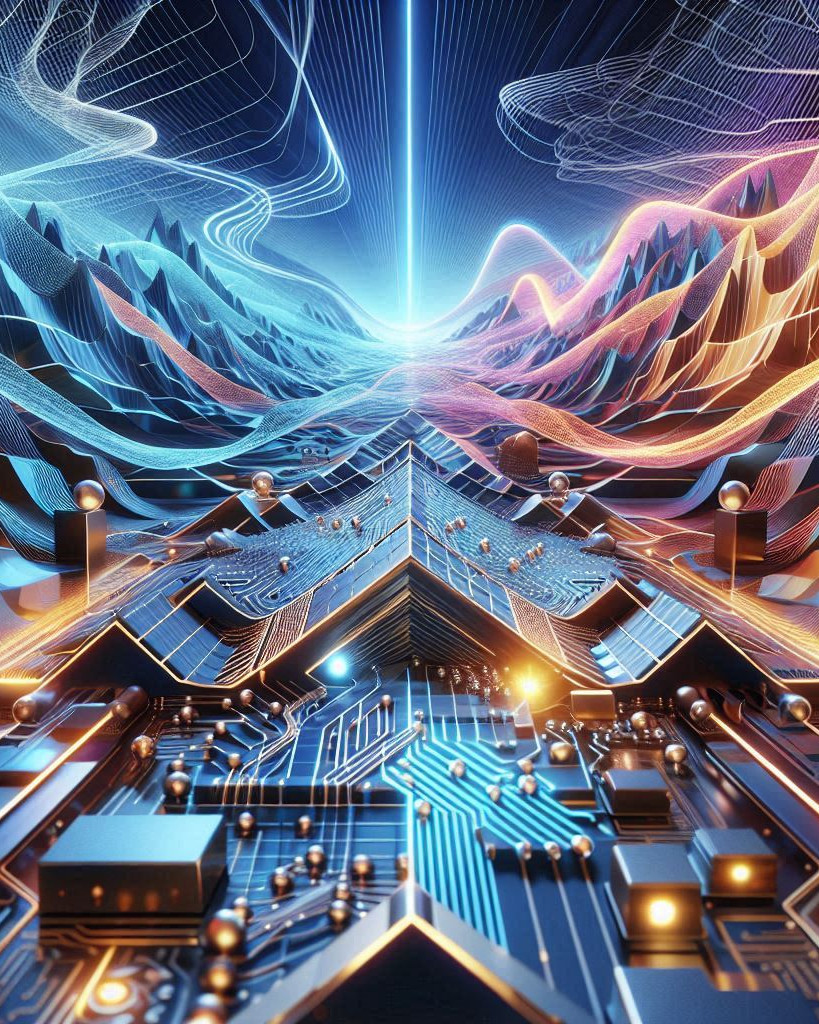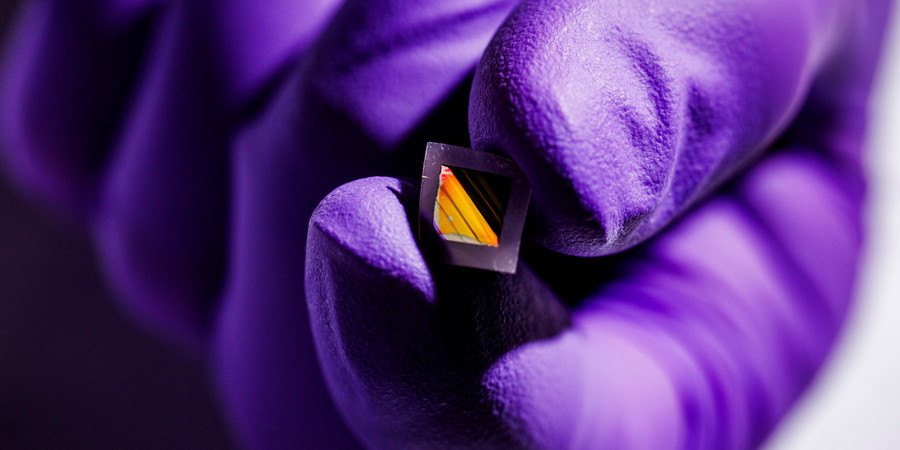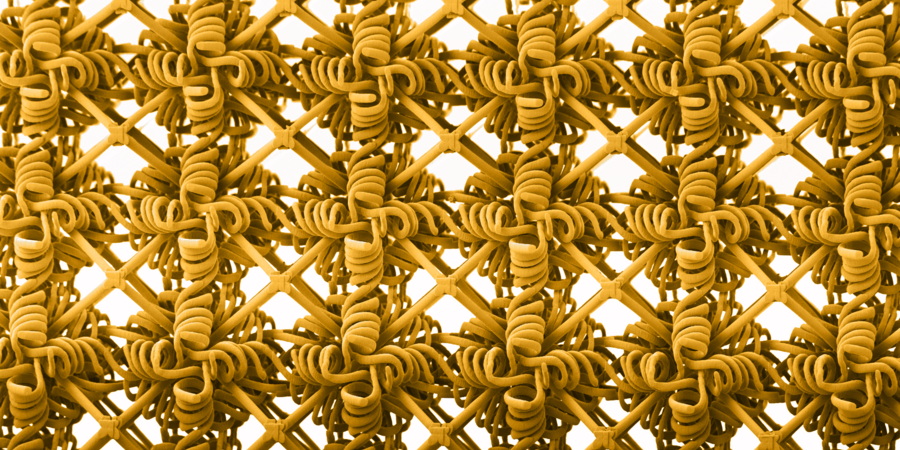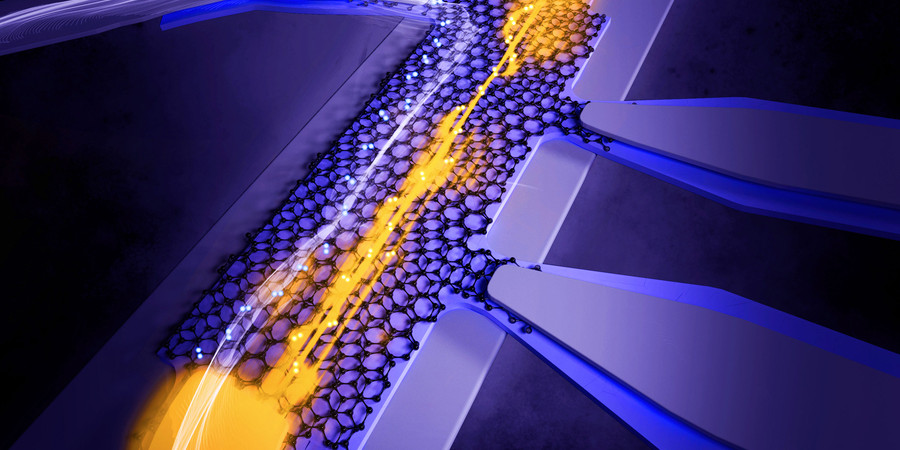Since the demise of Dennard scaling, modern computer has largely relied on architectural innovations such as multi-core processors and GPUs vs CPUs to address the evolving needs of computing paradigm. This problem has been exacerbated since computing has largely evolved from arithmetic centric to data centric in the age of billions of internet-connected devices and artificial intelligence. Dense and reliable data storage combined with fast and high bandwidth access in novel memory devices has become the frontier for research in modern computing hardware.
There have been several advancements across a variety of technologies in the past three decades. Ferroelectric materials and devices are among the forefront of these technologies due to their low-power and fast switching abilities, but suffer from integration challenges. Simultaneously, developing data-heavy computing architectures in extreme environments is a growing need and a frontier challenge since silicon carbide (SiC), which is the leading logic technology for elevated temperature environments, is limited by computing power and lack of memory devices that can operate at elevated temperatures.
In this talk, Jariwala will make the case of how novel III-nitride materials might present interesting avenues to overcome some of the above limitations being faced by both silicon and silicon carbide (SiC) hardware. He will present ongoing and recent work on integration of 2D chalcogenide semiconductors emerging wurtzite structure ferroelectric nitride materials, namely aluminium scandium nitride (AlScN).
First, Jariwala will present on Ferroelectric Field Effect Transistors (FE-FETs) made from 2D materials when integrated with AlScN and make the case for 2D semiconductors in this application. He will then show recent results on scaling 2D/AlScN FE-FETs, achieving ultra-high carrier and current densities in ferroelectrically gated MoS2 and also demonstrate negative-capacitance FETs by engineering the AlScN/dielectric/2D interface.
Then, Jariwala will introduce the ferroelectric diode (FeD) memory device and demonstrate multi-bit operation as well as compute in memory (CIM) using FeD devices made from AlScN. Finally, he will demonstrate why AlScN FeDs are uniquely suited as a high temperature non-volatile memory demonstrating stable operation up to 600 C and how AlScN can be integrated onto SiC for stable data retention in ferroelectric capacitors up to 800 C. He will end by providing a broad outlook on both AI computing hardware as well as high-temperature computing.
This event is part of the MIT.nano Seminar Series.
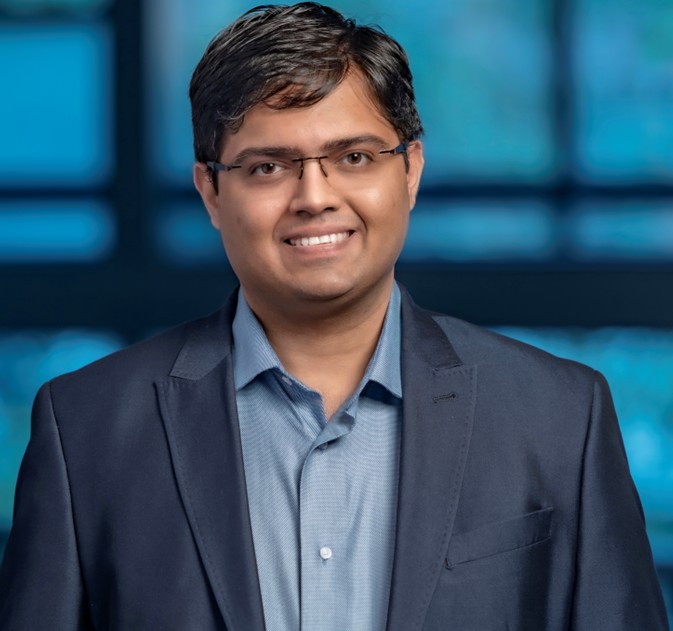
Speaker
Deep Jariwala
Deep Jariwala is an associate professor and the Peter & Susanne Armstrong Distinguished Scholar in the Electrical and Systems Engineering as well as Materials Science and Engineering at the University of Pennsylvania (Penn). He completed his undergraduate degree in metallurgical engineering from the Indian Institute of Technology in Varanasi and his Ph.D. in materials science and engineering at Northwestern University. He was a Resnick Prize Postdoctoral Fellow at Caltech before joining Penn to start his own research group.
Jariwala’s research interests broadly lie at the intersection of new materials, surface science and solid-state devices for computing, opto-electronics and energy harvesting applications in addition to the development of correlated and functional imaging techniques. His research has been widely recognized with several awards, the most notable ones being the Optica Adolph Lomb Medal, the Bell Labs Prize, the AVS Peter Mark Memorial Award, IEEE Photonics Society Young Investigator Award, IEEE Nanotechnology Council Young Investigator Award, IUPAP Early Career Scientist Prize in Semiconductors, the SPIE Early career achievement award and the Alfred P. Sloan Fellowship.
Jariwala has published over 150 journal papers with more than 22,000 citations and holds several patents. He serves as the associate editor for ACS Nano Letters and has been appointed as a distinguished lecturer for the IEEE Nanotechnology Council for 2025.
Explore
New Electronic “skin” could Enable Lightweight Night-vision Glasses
Jennifer Chu | MIT News
MIT engineers developed ultrathin electronic films that sense heat and other signals, and could reduce the bulk of conventional goggles and scopes.
MIT Engineers Print Synthetic “Metamaterials” that are Both Strong and Stretchy
Jennifer Chu | MIT News
A new method could enable stretchable ceramics, glass, and metals, for tear-proof textiles or stretchy semiconductors.
Physicists Measure a Key Aspect of Superconductivity in “Magic-angle” Graphene
Jennifer Chu | MIT News
By determining how readily electron pairs flow through this material, scientists have taken a big step toward understanding its remarkable properties.

